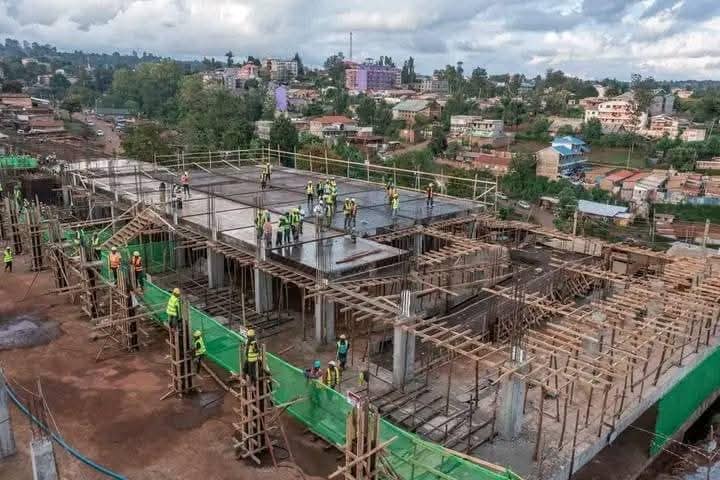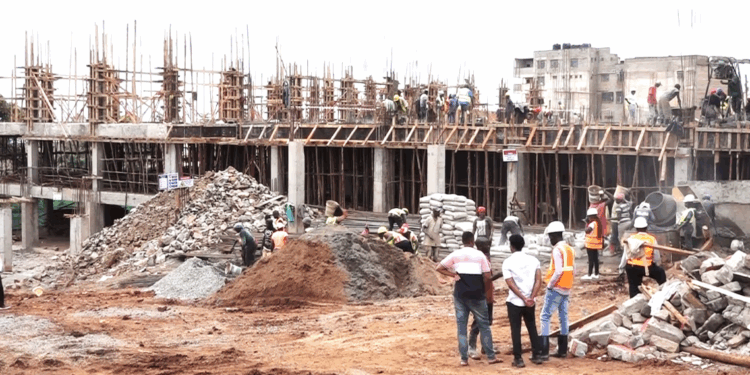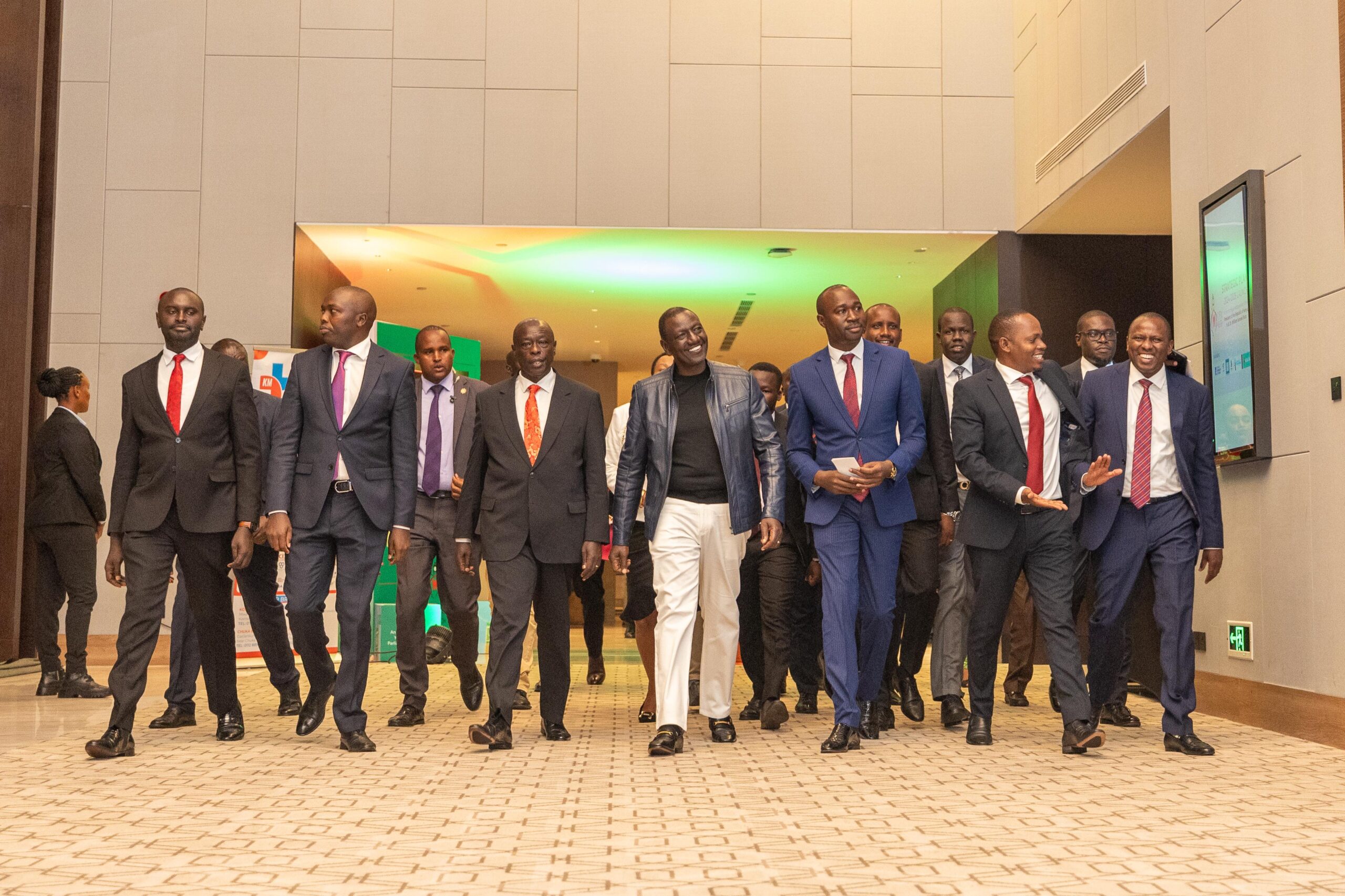Kenya is undergoing a remarkable economic transformation driven by targeted government development initiatives spread across the country. Under the current administration, the government has adopted a deliberate strategy of stimulating inclusive growth by investing in infrastructure, housing, markets, and energy access—laying the foundation for long-term economic resilience.
In Embu County, the construction of the KSh 1.04 billion ultra-modern market stands as a powerful symbol of this national renaissance. Spearheaded by the national government and closely supervised by the county administration, the project aims to house over 3,000 traders in a modern, structured facility. The three-story complex, which is already 45 percent complete, is expected to be operational by the end of 2026—or sooner, given the current momentum.
Beyond its physical grandeur, the market project is designed to improve the ease of doing business for small traders. The facility will include loading and offloading bays, elevators for goods and people, and amenities such as lactation rooms and daycare centers. Such features reflect a shift in infrastructure planning that not only supports economic activity but also responds to the social needs of working families.
For years, traders in Embu had operated under difficult conditions in dilapidated and crowded spaces. Now, many have been temporarily relocated as construction progresses, and their optimism is evident. They see the project as a long-awaited fulfillment of government promises to enhance livelihoods through modern infrastructure that supports enterprise growth and dignified work.
The new market is expected to streamline commerce, improve hygiene, and stabilize prices for consumers by centralizing trade operations. It also aims to turn Embu into a regional business hub, attracting traders and suppliers from neighboring counties. This is part of a larger government agenda that positions urban markets not just as trading spaces, but as engines of regional integration and economic growth.

Moreover, the impact of the project on employment cannot be overstated. Over 300 local residents have found meaningful work on-site, providing both skilled and unskilled labor. Workers on the project have shared stories of how regular income has improved their ability to provide for their families, access healthcare, and pay school fees—testament to the project’s far-reaching socioeconomic impact.
In addition to market development, Embu is also witnessing parallel investment in affordable housing, road rehabilitation, and electricity connectivity. These projects are part of a synchronized national approach to stimulate demand, create jobs, and improve living standards. Collectively, they reflect a government that is not only investing in economic output but also in human dignity.
Kenya’s broader economic revival continues to gather pace, backed by President William Ruto’s commitment to creating a pro-business environment. With significant reforms in governance, enhanced infrastructure rollout, and deliberate investments across counties, Kenya is positioning itself as an ideal destination for investors and a model of inclusive development in the region.










